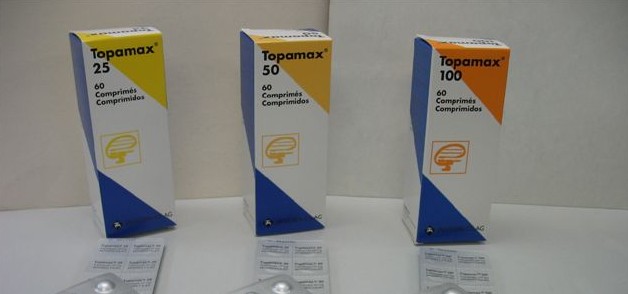Was your baby born with birth defects after you took Topamax?
Topamax is used to treat epilepsy in both children and adults, and is manufactured by divisions of Johnson and Johnson. The medication was approved by the FDA in 1996, and is currently available in its generic form, topiramate. Topamax has been used to treat many other conditions including Lennox-Gastaut syndrome, migraine headaches, bipolar disorder, and for the prevention of weight gain for patients taking anti-depressants. According to sources, it is used for many off-label uses, that is for treatment of conditions that have not been specifically approved by the FDA. In 2010, one division of Johnson and Johnson, Ortho-McNeill was fined $6.4 million for making a claim that Topamax could treat psychiatric disorders that it was not approved to treat. Ortho-McNeill had not offered any studies or trials for evidence.
Adverse Side Effects Linked to the use of Topamax
Topamax has been around for several years, but as recently as 2008, the FDA issued a warning that the drug may cause patients to commit suicide. Studies were done that showed and increase in suicidal ideations and behaviors in users, and the FDA followed up with a warning on the label.
Birth defects have been a more recent discovery with the use of Topamax. A study done in Belfast, Northern Ireland showed out of 178 births to women taking Topamax, sixteen had major birth defects, which is eleven times the average. Of the sixteen children with birth defects, four were born with cleft palates or lips. Even with corrective surgery, this condition can result in physical and psychological disorders such as ear disease, speech problems, and problems in socialization. Other serious birth defects, such as genital defects, have also been reported.
Legal Help
If your baby was born with birth defects that you believe were because you took Topamax during pregnancy, you may have a case. Topamax was approved for use during pregnancy even though many studies done showed adverse effects in fetal animals. It is important that you contact us and we can determine the best course of action for your situation.




No Comment